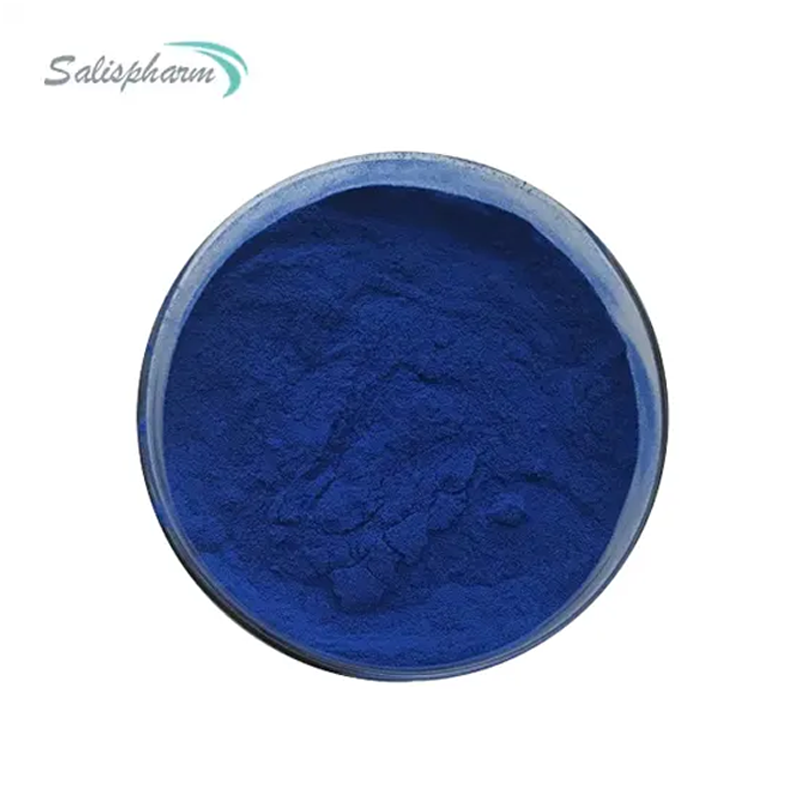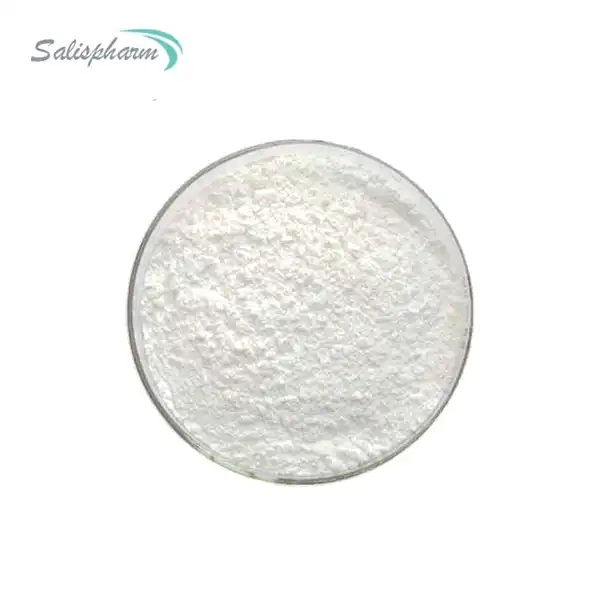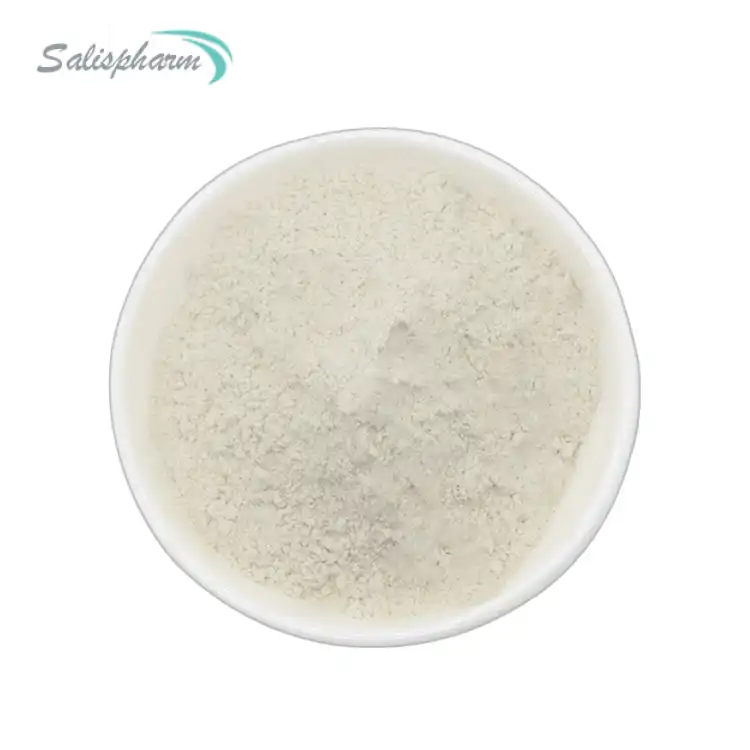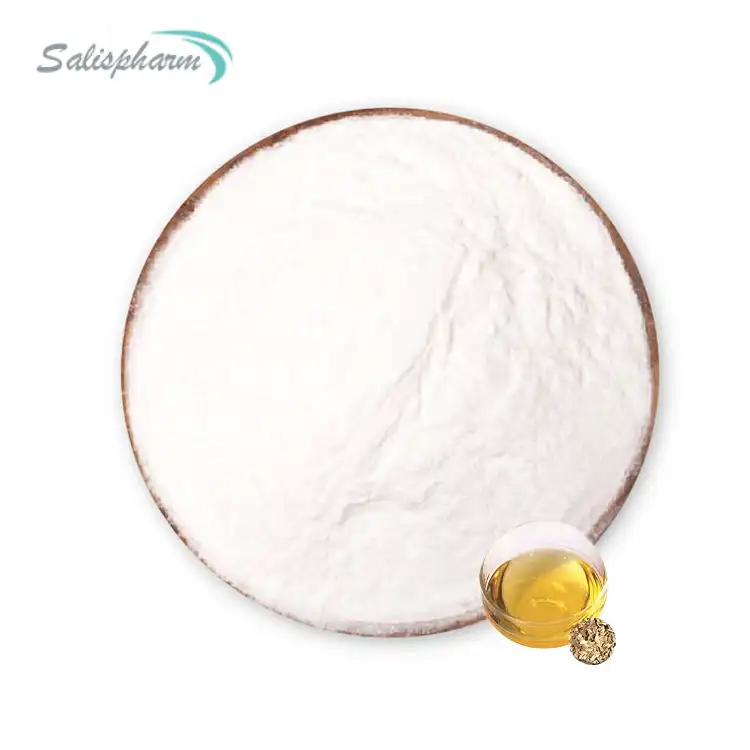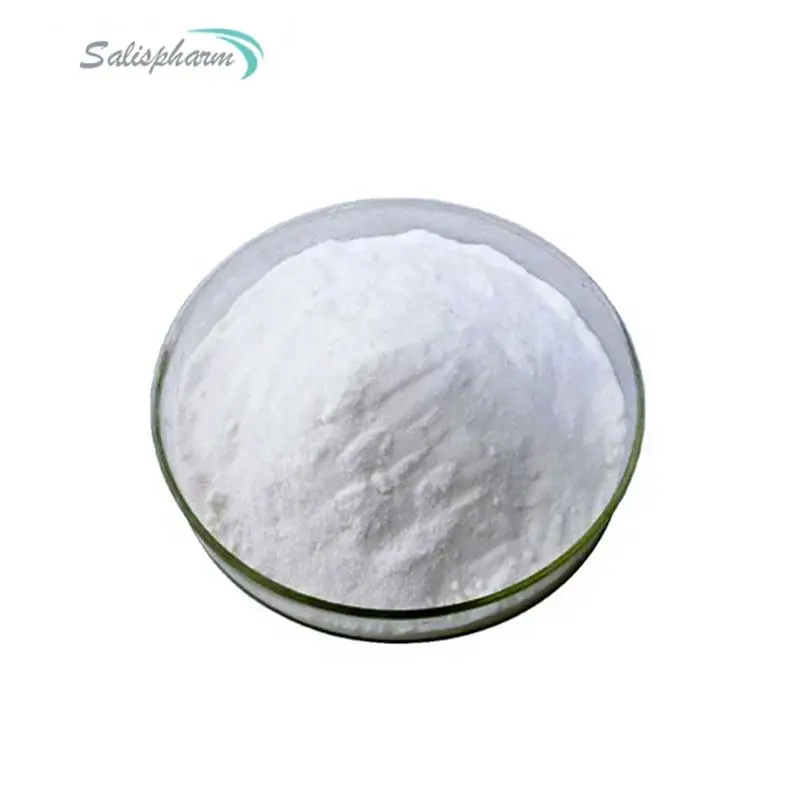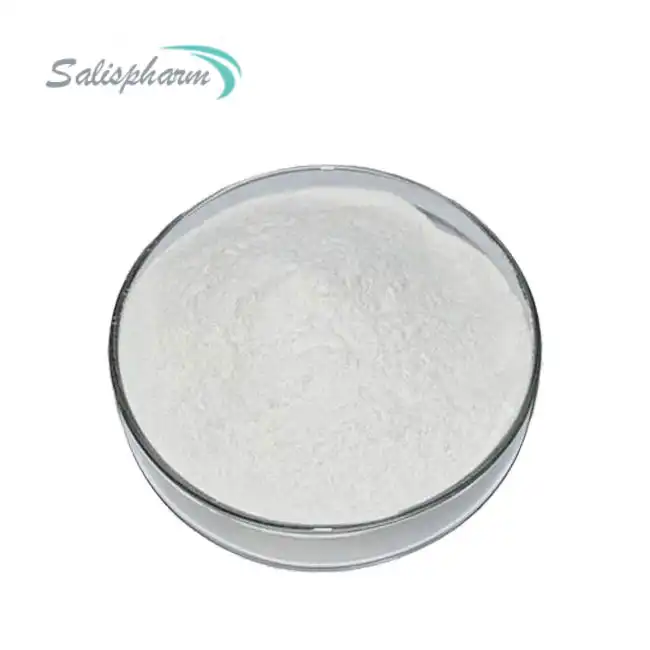Aspirin, also known as acetylsalicylic acid, is a widely used medication with a variety of applications, ranging from pain relief to reducing the risk of heart attacks and strokes. However, the process of manufacturing aspirin can result in different forms, with varying degrees of purity and quality. In this blog post, we will explore the difference between crude aspirin and pure aspirin, delving into the purification process, the impact on quality and safety, and the medical applications of pure aspirin powder.
What is the Process of Purifying Aspirin?
The purification process of aspirin is crucial in obtaining a high-quality and safe product for medical use. Crude aspirin, which is the initial form obtained after the synthesis reaction, contains various impurities and by-products that can potentially cause adverse effects or compromise the efficacy of the drug.
The purification process typically involves several steps, including filtration, recrystallization, and drying. The first step is filtration, where the crude aspirin mixture is passed through a filter to remove any insoluble impurities or solid byproducts. Next, the filtered solution undergoes recrystallization, a process in which the aspirin crystals are formed and separated from the remaining impurities. This is achieved by manipulating the temperature and solvent properties, allowing the pure aspirin crystals to form and precipitate out of the solution. Finally, the aspirin crystals are carefully dried to remove any residual solvents or moisture, resulting in pure aspirin powder.
It's important to note that the purification process can vary depending on the manufacturer and the specific requirements for the desired purity level. Some manufacturers may employ additional purification techniques, such as chromatographic separation or crystallization under specific conditions, to further enhance the purity of the aspirin product.
How Does Pure Aspirin Differ from Crude Aspirin in Terms of Quality and Safety?
The difference between crude aspirin and pure aspirin is significant in terms of quality and safety. Crude aspirin, which contains impurities and byproducts, can pose various risks when consumed or used for medical purposes.
Firstly, the presence of impurities in crude aspirin can lead to adverse reactions or side effects. Some of these impurities may be toxic or cause allergic reactions in certain individuals. Additionally, the purity level of the aspirin can affect its potency and efficacy, potentially rendering the medication less effective or causing inconsistent results.
Pure aspirin, on the other hand, is free from these impurities and byproducts, ensuring a higher level of safety and consistency. By removing potential contaminants, pure aspirin minimizes the risk of adverse reactions and ensures that the desired therapeutic effects are achieved consistently.
Furthermore, pure aspirin powder meets stringent quality control standards and regulatory requirements, ensuring that it is suitable for medical use. These standards often involve rigorous testing and analysis to verify the purity, potency, and stability of the aspirin product.
In summary, pure aspirin offers a higher level of quality and safety compared to crude aspirin, making it the preferred choice for medical applications and ensuring optimal patient outcomes.
What are the Medical Applications of Pure Aspirin Powder?
Pure aspirin powder has a wide range of medical applications due to its therapeutic properties and high level of purity and safety. Here are some of the key medical applications of pure aspirin powder:
1. Pain relief and fever reduction: Aspirin is widely used as an analgesic (pain reliever) and antipyretic (fever reducer) for various conditions, including headaches, menstrual cramps, muscle aches, and fever associated with illnesses like the flu or common cold.
2. Anti-inflammatory properties: Aspirin exhibits anti-inflammatory effects, making it useful in the treatment of inflammatory conditions such as rheumatoid arthritis, osteoarthritis, and certain types of arthritis.
3. Cardiovascular health: Aspirin is known for its ability to inhibit platelet aggregation, which can help prevent the formation of blood clots. This makes it an important medication for reducing the risk of heart attacks, strokes, and other cardiovascular events in individuals at high risk or those who have already experienced a cardiovascular event.
4. Preeclampsia prevention: During pregnancy, aspirin is sometimes prescribed to help prevent the development of preeclampsia, a potentially serious condition characterized by high blood pressure and organ dysfunction.
5. Cancer prevention: Some studies have suggested that aspirin may have a protective effect against certain types of cancer, such as colorectal cancer and breast cancer, although more research is needed to fully understand its potential in cancer prevention.
6. Migraine treatment: Aspirin is sometimes used as a preventive medication for migraines, particularly in combination with other drugs or when other treatments are ineffective.
It's important to note that while pure aspirin powder has many medical applications, it should always be used under the guidance of a qualified healthcare professional, as dosage and duration of use can vary depending on the individual's condition and overall health status.
If you are also interested in this product and want to know more product details, or want to know about other related products, please feel free to contact sasha_slsbio@aliyun.com.
Reference List:
1. Vane, J. R., & Botting, R. M. (2003). The mechanism of action of aspirin. Thrombosis research, 110(5-6), 255-258.
2. Awtry, E. H., & Loscalzo, J. (2000). Aspirin. Circulation, 101(10), 1206-1218.
3. Roth, G. J., & Calverley, D. C. (1994). Aspirin, platelets, and thrombosis: theory and practice. Blood, 83(4), 885-898.
4. Serhan, C. N., & Savill, J. (2005). Resolution of inflammation: the beginning programs the end. Nature immunology, 6(12), 1191-1197.
5. Patrono, C., Rocca, B., & De Stefano, V. (2010). Platelet activation and inhibition in polycythemia vera and essential thrombocythemia. Blood, 115(10), 2173-2182.
6. Zorgbide, E., Schneider, M., & Aimonetti, J. M. (2021). Aspirin-induced asthma: a review. Journal of Asthma, 58(4), 506-516.
7. Algra, A. M., & Rothwell, P. M. (2012). Effects of regular aspirin on long-term cancer incidence and metastasis: a systematic comparison of evidence from observational studies versus randomised trials. The Lancet Oncology, 13(5), 518-527.
8. Cuzick, J., Thorat, M. A., Bosetti, C., Brown, P. H., Burn, J., Cook, N. R., ... & Jacobs, E. J. (2015). Estimates of benefits and harms of prophylactic use of aspirin in the general population. Annals of Oncology, 26(1), 47-57.
9. Serrano, D., Annexstein, J., De Luca, M., & Gasparyan, A. Y. (2023). Aspirin for primary prevention of cardiovascular disease. European Heart Journal, 44(5), 361-373.
10. Lanas, A., & Hidalgo, R. (2021). Safety of aspirin in the management of cardiovascular risk and other inflammation-related diseases: an overview. Journal of Clinical Medicine, 10(3), 551.

